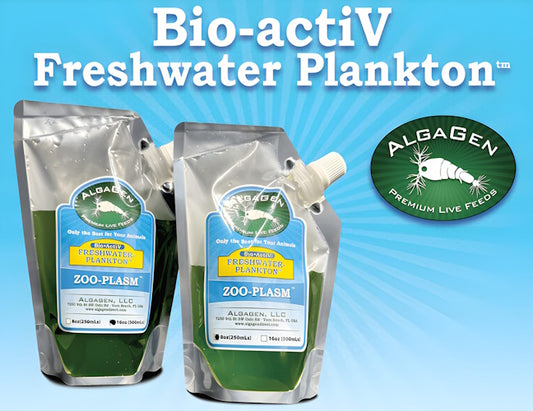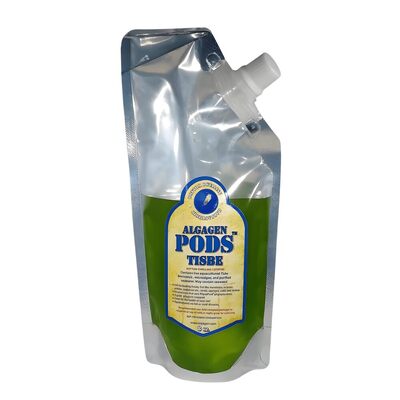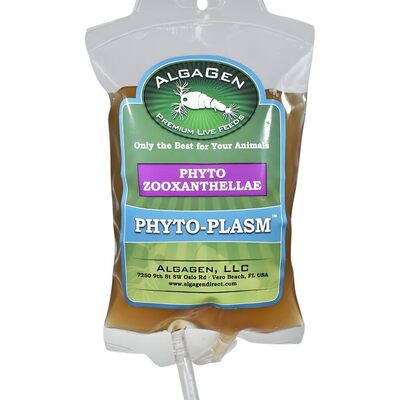Planktonic copepods are tiny crustaceans that play a crucial role in marine ecosystems. Despite their small size, they are essential in the aquatic food web, acting as a bridge between primary producers like phytoplankton and larger predators. This article explores the significance of planktonic copepods, their role in marine life, and the challenges they face in today's changing oceans.
The Role of Planktonic Copepods
Planktonic copepods are zooplankton, drifting in the water column and feeding on phytoplankton. They are prolific breeders and can quickly produce large populations, making them a significant food source for marine animals, including fish, whales, and seabirds. Here are some key roles they play:
- Primary Consumers: Planktonic copepods consume phytoplankton, converting this primary production into a form that larger organisms can eat.
- Nutrient Cycling: They contribute to the marine nutrient cycle by recycling nutrients and facilitating energy transfer through the food web.
- Carbon Sequestration: Feeding on phytoplankton, they help in the biological carbon pump, transferring carbon from the surface to the deeper ocean layers when they excrete or die.
Ecological Importance
The importance of planktonic copepods extends beyond just being a food source. They play a crucial role in maintaining the balance of marine ecosystems. Their grazing on phytoplankton helps regulate algal blooms, which can otherwise lead to detrimental effects like hypoxia (low oxygen levels) in water bodies. Additionally, by being a prey item for many species, they support biodiversity and the health of fish populations.
Food Web Dynamics
The marine food web is a complex and interconnected system where planktonic copepods are pivotal. Without them, the energy transfer from microscopic algae to larger animals would be disrupted. Fish larvae, in particular, rely heavily on planktonic copepods for their early development stages. A decline in copepod populations can lead to a decline in fish stocks, impacting commercial fisheries and the overall health of marine ecosystems.
Threats to Planktonic Copepods
Despite their resilience, planktonic copepods face numerous threats. Climate change, ocean acidification, pollution, and overfishing all pose significant risks to their populations.
Ocean Acidification
An increase in carbon dioxide levels leads to ocean acidification, which can affect the calcium carbonate structures of planktonic copepods. This can impair their ability to feed and reproduce, leading to population declines.
Pollution
Pollution, particularly from microplastics, poses a threat to planktonic copepods. These organisms can ingest microplastics, leading to physical harm and toxic effects. Additionally, pollutants like oil spills can have devastating impacts on copepod populations.
Overfishing
Overfishing small pelagic fish, which are significant predators of planktonic copepods, can disrupt the balance of marine ecosystems. This can lead to an overabundance of copepods, resulting in uncontrolled phytoplankton growth and subsequent ecological imbalances.
Conservation Efforts
To protect planktonic copepods and ensure the stability of marine ecosystems, several conservation efforts are necessary:
- Reducing Carbon Emissions: Addressing climate change by reducing carbon emissions can help mitigate the impacts on planktonic copepods and the broader marine environment.
- Combating Pollution: Efforts to reduce pollution, particularly from plastics, can help safeguard copepod populations from harmful contaminants.
- Sustainable Fishing Practices: Sustainable fishing practices can help maintain the balance of predator-prey relationships in marine ecosystems.
- Monitoring and Research: Continued monitoring and research on planktonic copepods are essential to understand their responses to environmental changes and inform conservation strategies.
Conclusion
Planktonic copepods may be small, but their role in marine ecosystems is immense. They are crucial for transferring energy through the food web, contributing to nutrient cycling, and helping regulate ocean carbon. However, they face significant threats from climate change, pollution, and overfishing. Understanding and protecting these vital organisms can help ensure a healthy and stable marine ecosystem for future generations.
Planktonic copepods are an essential food source and critical players in the marine environment's overall health. Their importance cannot be overstated, and their conservation is vital to maintaining the balance and productivity of our oceans. Let's work together to protect these tiny yet mighty creatures and their invaluable roles in sustaining marine life.





Recent post